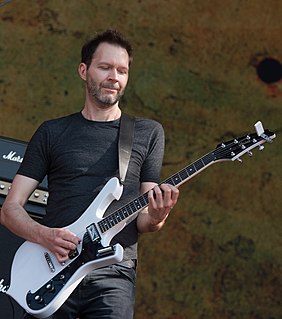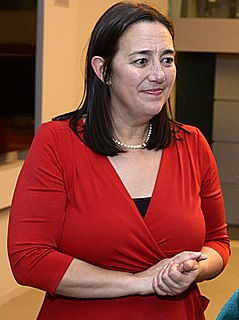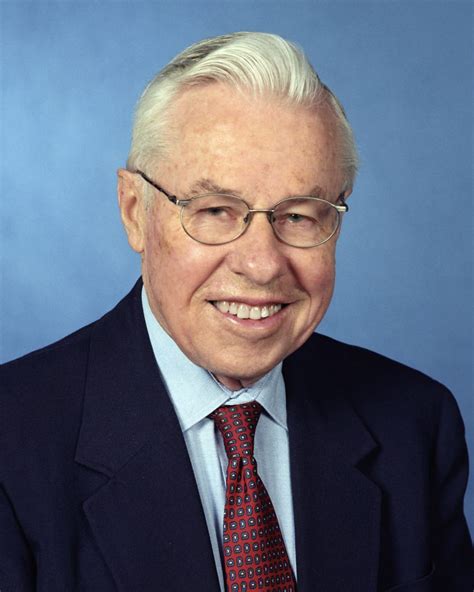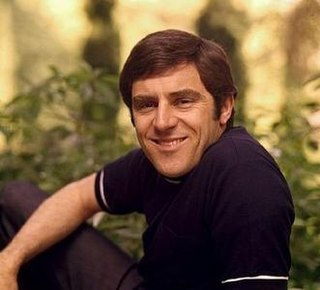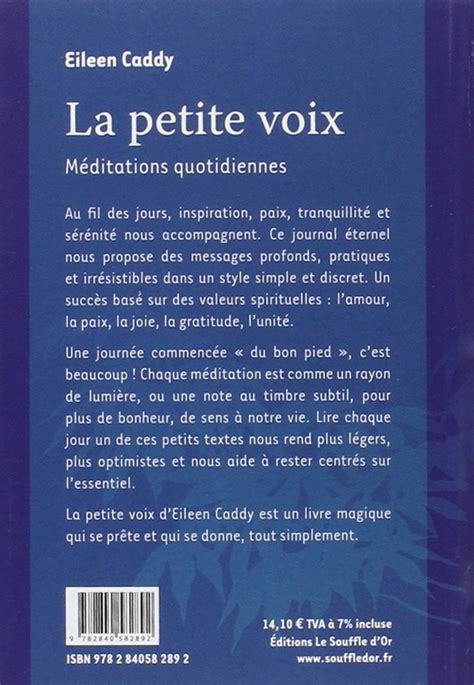A Quote by Paul Gilbert
I've certainly enjoyed doing clinic tours for larger audiences, but the most valuable teaching experience has been the hundreds of lessons that I've given where I can hear the students play.
Related Quotes
Much like teaching art to young art students age 10 to 15 or so on, you have to break it down into bite-sized pieces, essential components. You have to - you know, at this point I'm so used to operating within given assumptions about art. But when you're explaining art to art students or people who are new to this experience, you have to really go back to the fundamentals.
As a teacher and parent, I've had a very personal interest in seeking new ways of teaching. Like most other teachers and parents, I've been well aware painfully so, at times that the whole teaching/learning process is extraordinarily imprecise, most of the time a hit-and-miss operation. Students may not learn what we think we are teaching them and what they learn may not be what we intended to teach them at all.
It is not uncommon for ignorant and corrupt men to falsely charge others with doing what they imagine that they themselves, in their narrow minds and experience, would have done under the circumstances of a given case, and the surest check, often the only check, on such perjury, is to recognize the impossibility that men of larger instruction and resources and experience could have been guilty of such conduct.
In my own research, teaching and consulting experience I have to combine lessons from the field in a relatively inductive and open fashion with theoretical frameworks and conceptual arguments. The skills to deal with theory and conceptualization are a direct result of my formal education - reading, learning and conversations with other PhD students.
I am relieved that, in my own teaching, I don't have to moderate between high stake teaching and education for the virtues. If I did, I would give students the tools to take the tests but not spend an inordinate amount of time on test prep nor on 'teaching to the test.' If the students, or their parents, want drill in testing, they'd have to go elsewhere. As a professional, my most important obligation is to teach the topic, skills, and methods in ways that I feel are intellectually legitimate.
Never waste time and energy wishing you were somewhere else, doing something else. Accept your situation and realize you are where you are, doing what you are doing, for a very specific reason. Realize that nothing is by chance, that you have certain lessons to learn and that the situation you are in has been given to you to enable you to learn those lessons as quickly as possible, so that you can move onward and upward along this spiritual path.
